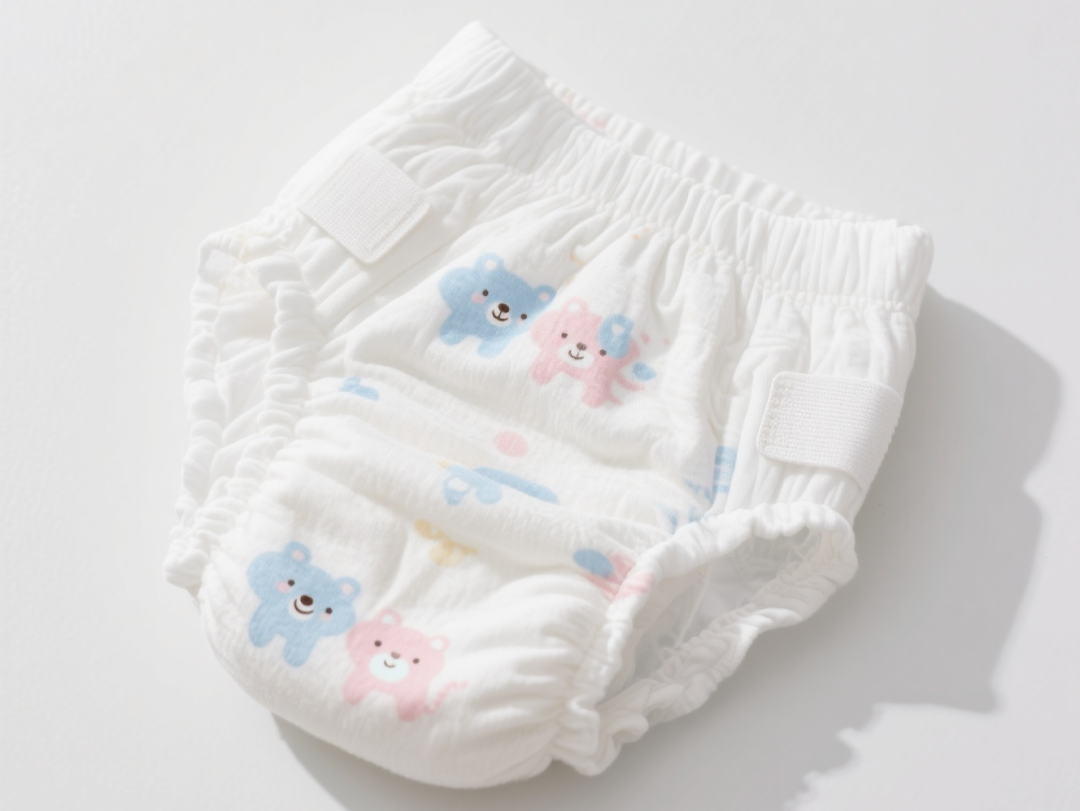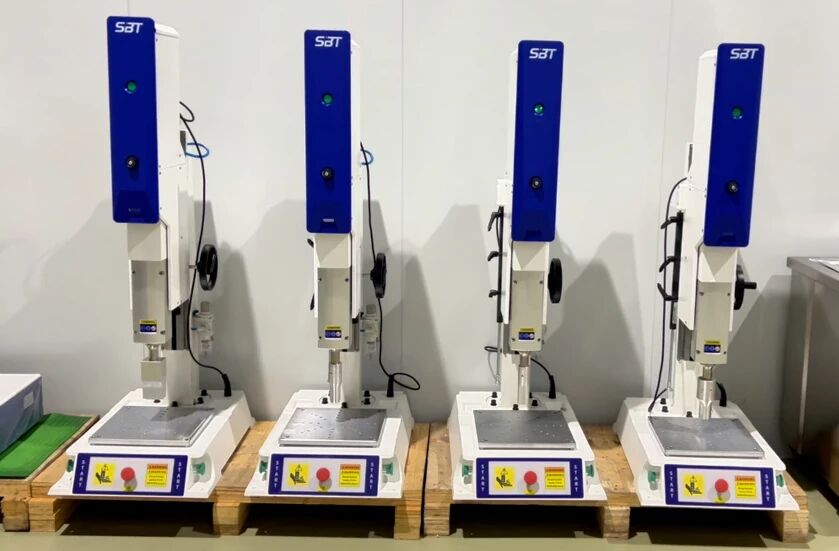Home
>
News
>
Media Focus
> The Invisible Bond: How Ultrasonic Technology Welds Nonwoven Fabrics Without Consumables
Have you ever wondered how baby diapers stay soft yet leak-proof? Why the sealed seams of medical protective gear are both secure and breathable? Or how automotive acoustic insulation achieves such seamless precision? The answer lies in a revolutionary manufacturing technology: ultrasonic nonwoven welding.


Like an artisan with an "invisible hand," this technology achieves perfect material bonding—without a single drop of adhesive or stitch of thread.
Whether using hot-air bonding, heat pressing, or adhesive laminating, conventional processes face common challenges:
Adhesives increase production costs and process complexity
Chemical residues may compromise product safety
These shortcomings are particularly critical in medical and hygiene applications
Ultrasonic welding converts electrical energy into high-frequency mechanical vibrations (typically 20kHz–40kHz) via a transducer. As the vibratory energy passes through the horn into the nonwoven materials, it generates localized heat at fiber interfaces, instantly melting thermoplastic materials and fusing them under pressure. The entire process takes just 0.1–3 seconds—with no adhesives required.
Key Advantages:
Eco-friendly: Eliminates VOC emissions from adhesives
Energy-efficient: Consumes 30%–50% less energy than heat pressing
Superior quality: High weld strength, excellent sealing, no chemical residues
High adaptability: Processes spunbond, hydroentangled, meltblown, and other nonwovens
While the global high-end ultrasonic plastic welding equipment market is dominated by a few international players (e.g., Branson, Herrmann), Chinese companies like SBT Ultrasonic Technology Co., Ltd. (Stock Code: 688392) are advancing the localization of high-end ultrasonic welding systems.

Domestic equipment now rivals international brands in core parameters:
Welding accuracy: up to ±0.02mm
Process stability: CPK ≥ 1.67
They also offer greater customization and local technical support, providing nonwoven manufacturers with cost-effective alternatives.
Medical: Meets sterile and high-seal requirements simultaneously
Hygiene Products: Enables softness and leak-proof protection in diapers
Automotive: Provides eco-friendly, lightweight bonding for acoustic insulation
Filtration: Bonds multilayer composites while preserving pore structure and functionality
As sustainability demands grow and manufacturing upgrades accelerate, this "green welding" technology is poised for unprecedented expansion. By 2025, ultrasonic welding penetration in nonwoven processing is expected to exceed 35%, becoming the standard for high-end nonwoven products.
Engage with Us
Interested in learning how ultrasonic welding can enhance your product quality and production efficiency? Contact our technical team for tailored solutions.
Data based on public industry sources. Actual results may vary by production process. Please credit the source when reposting.